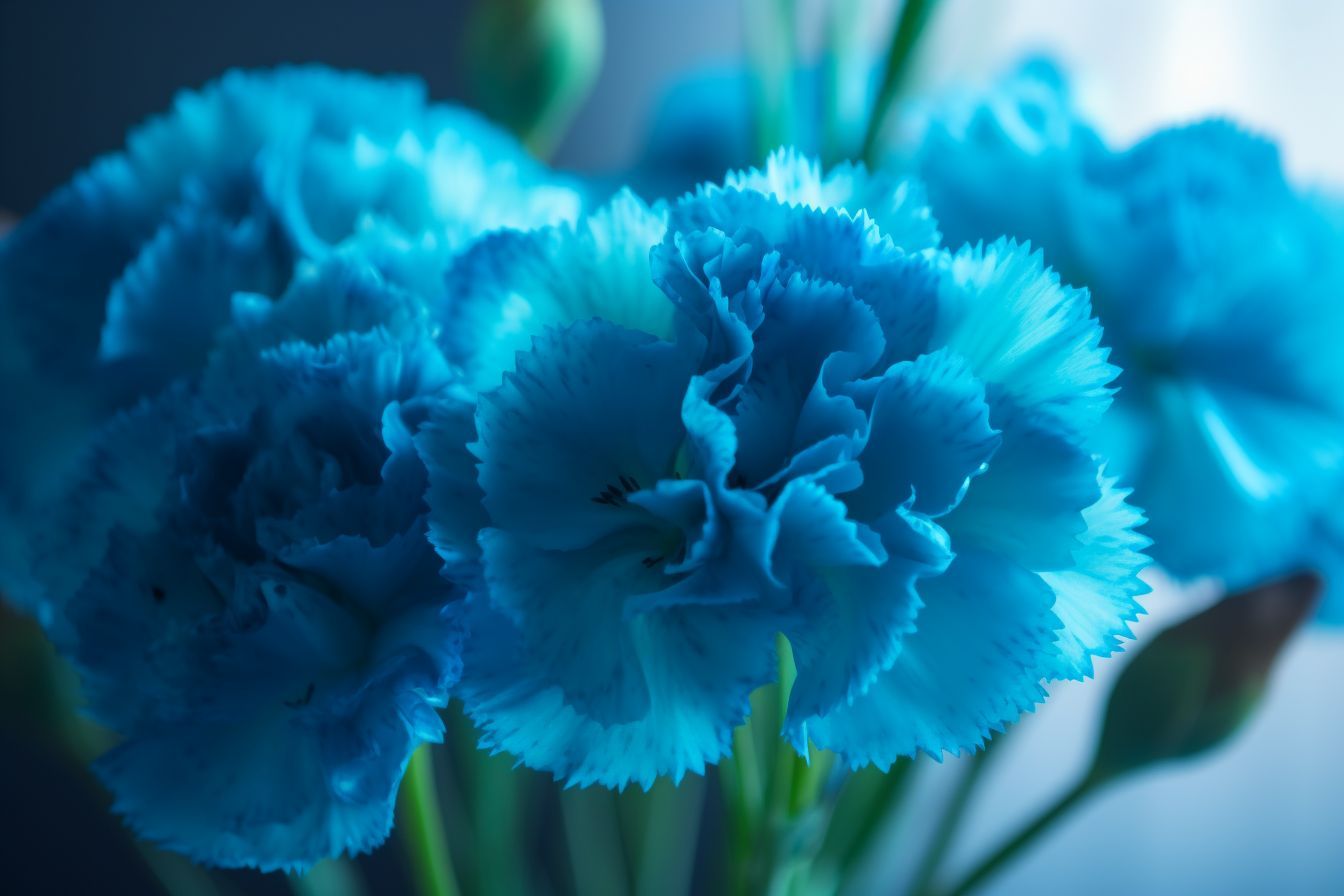Carnation Significance: Unveiling The Meaning And Symbolism Of Carnations
Carnations have long captivated the hearts of many with their striking beauty and rich colors. These flowers are not merely a feast for the eyes; they carry profound meanings and symbolize various sentiments across different cultures. In this article, we will delve into the significance of carnations, exploring their historical roots, cultural relevance, and the emotions they convey. Whether you’re planning a floral arrangement or seeking the perfect gift, understanding the symbolism of carnations can enhance the experience and meaning behind them.
From celebrating love and friendship to expressing sympathy and remembrance, carnations have versatile meanings that resonate with many occasions. Their vibrant colors and lovely fragrances make them a popular choice for arrangements in weddings, anniversaries, and memorials. As we journey through the world of carnations, we will uncover the layers of symbolism that make these flowers stand out among others.
Join us as we explore the various aspects of carnations, including their biological characteristics, cultural significance, and how they have been embraced by different societies throughout history. By the end of this article, you will have a deeper appreciation for the carnation and its role in human expression and communication.
Table of Contents
- 1. Biography of the Carnation
- 2. Personal Data and Characteristics
- 3. Historical Significance of Carnations
- 4. Cultural Relevance and Symbolism
- 5. Color Meanings of Carnations
- 6. Carnations in Art and Literature
- 7. Uses of Carnations in Modern Society
- 8. Conclusion
1. Biography of the Carnation
Carnations, scientifically known as Dianthus caryophyllus, belong to the Caryophyllaceae family. They are native to the Mediterranean region and have been cultivated for thousands of years. The name "carnation" is believed to derive from the Latin word "carnis," meaning flesh, reflecting the flower's original pinkish hue.
2. Personal Data and Characteristics
| Attribute | Details |
|---|---|
| Scientific Name | Dianthus caryophyllus |
| Family | Caryophyllaceae |
| Native Region | Mediterranean |
| Common Colors | Red, Pink, White, Yellow, Purple |
| Blooming Season | Spring to Fall |
3. Historical Significance of Carnations
The historical significance of carnations dates back to ancient times. They were cherished by the Greeks and Romans, who used them in various rituals and celebrations. In the Middle Ages, they became symbols of love and passion, often featured in wedding bouquets.
During the Victorian era, the language of flowers, known as floriography, became popular, and each flower was assigned a specific meaning. Carnations were often used to express admiration and deep love, making them a staple in romantic gestures.
4. Cultural Relevance and Symbolism
Carnations hold different meanings across cultures. In Christianity, they are associated with the Virgin Mary and symbolize a love that transcends time. In many Asian cultures, they are used during festivals and ceremonies to honor ancestors and express reverence.
In the United States, carnations are often worn on Mother’s Day, with different colors representing whether a mother is living or deceased. Red carnations signify a living mother, while white carnations are worn in memory of a deceased mother.
4.1 Carnations in Religious Contexts
In different religions, carnations have been used to symbolize purity and divine love. They are often seen in religious art and are used in various rituals and festivals, reflecting their deep-rooted significance in spiritual practices.
4.2 Carnations in National Symbols
The carnation has also been recognized as a national symbol in some countries. For example, Portugal celebrates the Carnation Revolution, which was a peaceful coup that used the flower as a symbol of peace and freedom.
5. Color Meanings of Carnations
The color of carnations plays a significant role in conveying specific emotions. Here are some common color meanings:
- Red: Love and admiration
- Pink: Gratitude and appreciation
- White: Purity and good luck
- Yellow: Disappointment or rejection
- Purple: Capriciousness
6. Carnations in Art and Literature
Carnations have inspired countless artists and writers throughout history. They often symbolize love, beauty, and the fleeting nature of life in various artistic expressions. In literature, carnations are frequently mentioned in poems and stories as metaphors for passion and emotion.
Notable artists, such as Francisco de Goya and Henri Matisse, have incorporated carnations into their works, showcasing their beauty and significance in different contexts.
7. Uses of Carnations in Modern Society
Today, carnations are widely used in floral arrangements for various occasions, including weddings, birthdays, and funerals. They are popular due to their long-lasting blooms and affordability, making them a favorite among florists and consumers alike.
In addition to their aesthetic appeal, carnations are also used in aromatherapy and essential oils, where their soothing fragrance is believed to promote relaxation and well-being.
8. Conclusion
In conclusion, carnations are more than just beautiful flowers; they carry deep meanings and cultural significance that have persisted throughout history. From expressing love and gratitude to symbolizing purity and remembrance, carnations play a vital role in human expression. By understanding the significance of carnations, we can appreciate their beauty and the emotions they convey more profoundly.
We invite you to share your thoughts on this article, leave a comment, or explore more about the world of flowers and their meanings. Whether you're planning a special occasion or simply want to learn more, the significance of carnations is sure to enrich your experience.
Thank you for reading, and we hope to see you again soon for more insightful articles!
Gloria Talbot: The Life And Legacy Of A Silver Screen Star
Exploring Steelo Brim's Relationship: Insights And Perspectives
Understanding George Conway's Parents: A Deep Dive Into His Family Background


